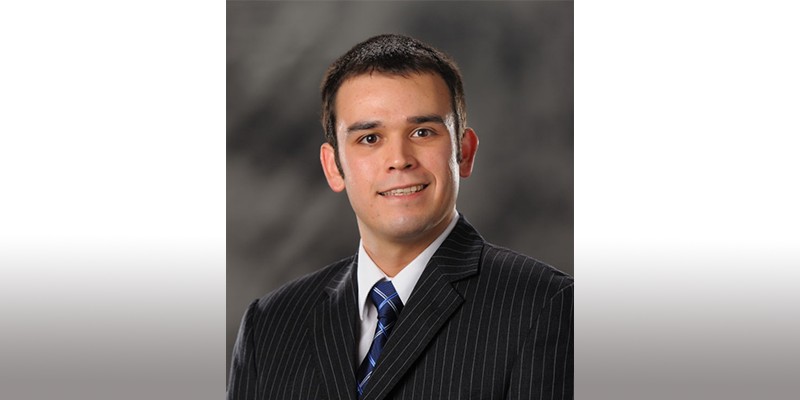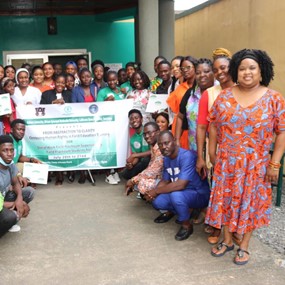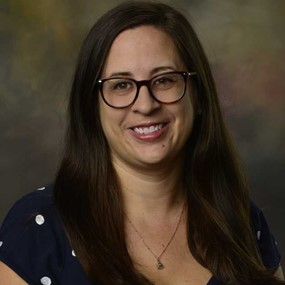Faculty Spotlight: Duha T. Altindag, Department of Economics

Duha Tore Altindag, associate professor of economics, came to the United States 15 years ago from Turkey to pursue a PhD in economics at Louisiana State University. His research focuses on labor economics as well as studying the motivations of political figures. Student writer Elizabeth Phillips speaks with Altindag about his academic interests and his recent projects.
Duha Tore Altindag was born in Istanbul, Turkey, and decided to come to the United States to pursue further education in economics. He explained that the graduate economics programs in the U.S. are superior to those in Turkey and elsewhere worldwide. He said, “almost every economist who is successful was trained in the U.S.”
Altindag’s interest in labor economics stemmed from his interest in writing about the activities of politicians and the labor market. He said he used to hold much respect for politicians and thought of them as the highest quality citizens in society since they were elected to their positions by the public in most situations. He expected that they would be selfless and pursue the interests of society as a whole, even at the expense of their own priorities. However, his readings and research painted a different picture. Altindag discovered that elected officials were prone to acting on their own self-interests. He said, “It was a disappointment for me, leading me to study the issue of how to get elected officials to perform better… so, learning how to incentivize leaders to perform better has been central to several projects of mine.” He also added that this problem is not limited to only politicians but extends to leaders of all organizations and at all levels of management, regardless of how selfless they seem or speak.
He has published papers on this topic. In two of his articles, he argues that paying politicians more reduces their effort to act in the interests of the public. In another, he studied the impact of legislative immunity on parliamentarian’s work effort.
Since entering academia as a professor, Altindag has enjoyed seeing students grow intellectually. He provided an analogy to explain his fascination with student growth. He said, “I am teaching my students the alphabet, ABCs, and giving them examples of words that they can spell using these ABCs in my classes. Later they build new words. It amazes me to see them form new words that I had not given them.”
Since becoming a professor at Auburn University, Altindag has produced a number of projects. One of these surrounded Auburn University’s handling of operations during the COVID-19 pandemic. In the paper, he and his co-authors show that in the 2020-2021 academic year, at least half of the undergraduate face-to-face classes in Auburn University were risky in that the students would not be able to maintain a CDC-recommended six-foot distance between each other. They also show that the risky classes were more likely to be assigned to instructors with low ranks within the University hierarchy (such as graduate teaching assistants and adjunct instructors) than the higher-ranked instructors (such as the administrators or tenure track professors). He explained that he is very proud of this preliminary draft because it allowed him to warn our University’s administrators and the public about the University’s conduct which is potentially both unfair and harmful to students’ and faculty’s health.
Another piece that Altindag is especially proud of is a paper comparing the effectiveness of online education to traditional in-person education using a U.S. Higher Education Institution’s data. He found that student outcomes in online courses were worse than those in face-to-face classes. However, the data that was used was based on pre-pandemic activity. Altindag believes that instructors and students have become more accustomed to online teaching/learning. Therefore, he believes that the post-pandemic period online classes are much higher quality than those before the COVID-19 pandemic.
Altindag’s current and past work can be accessed at his personal website.






